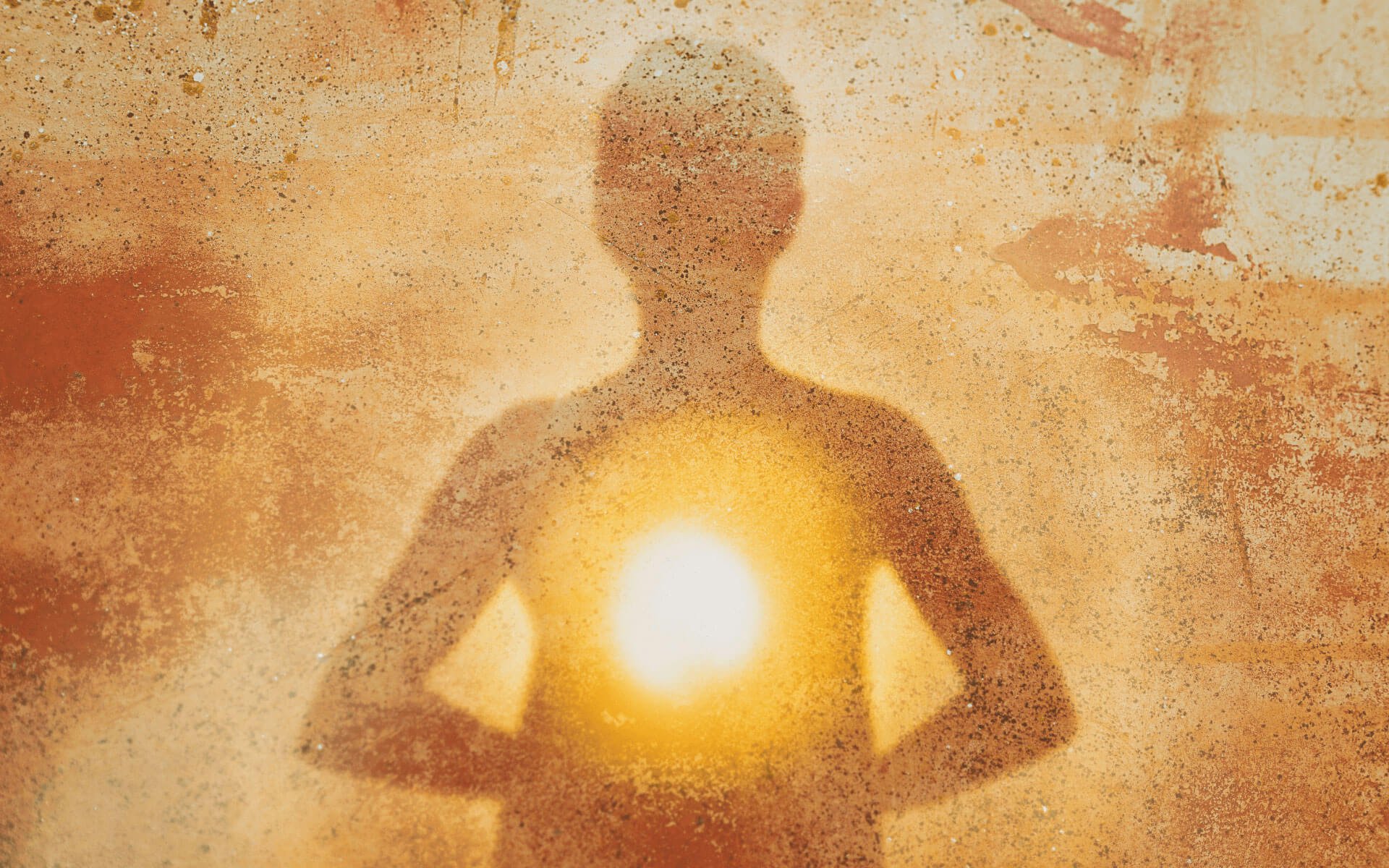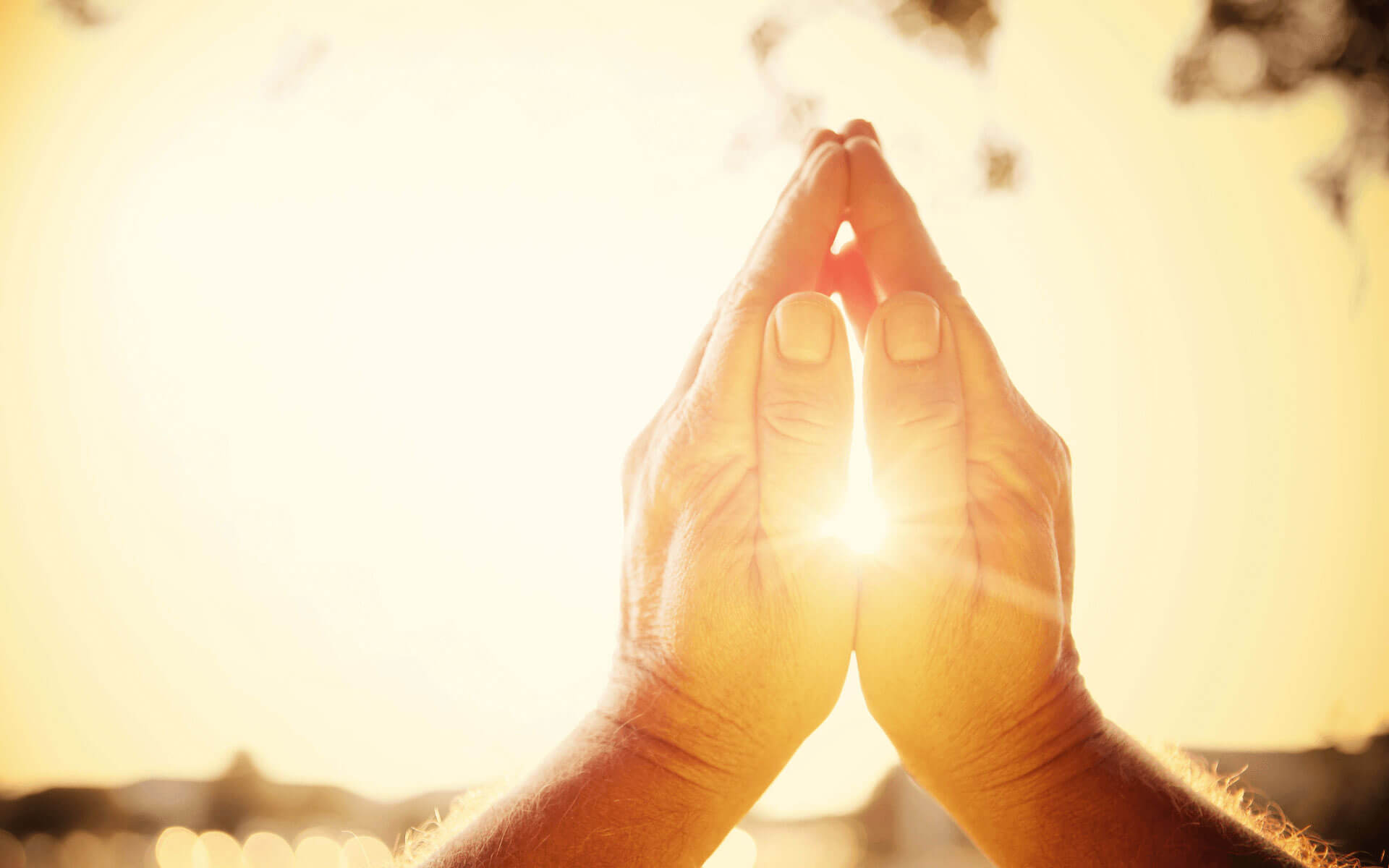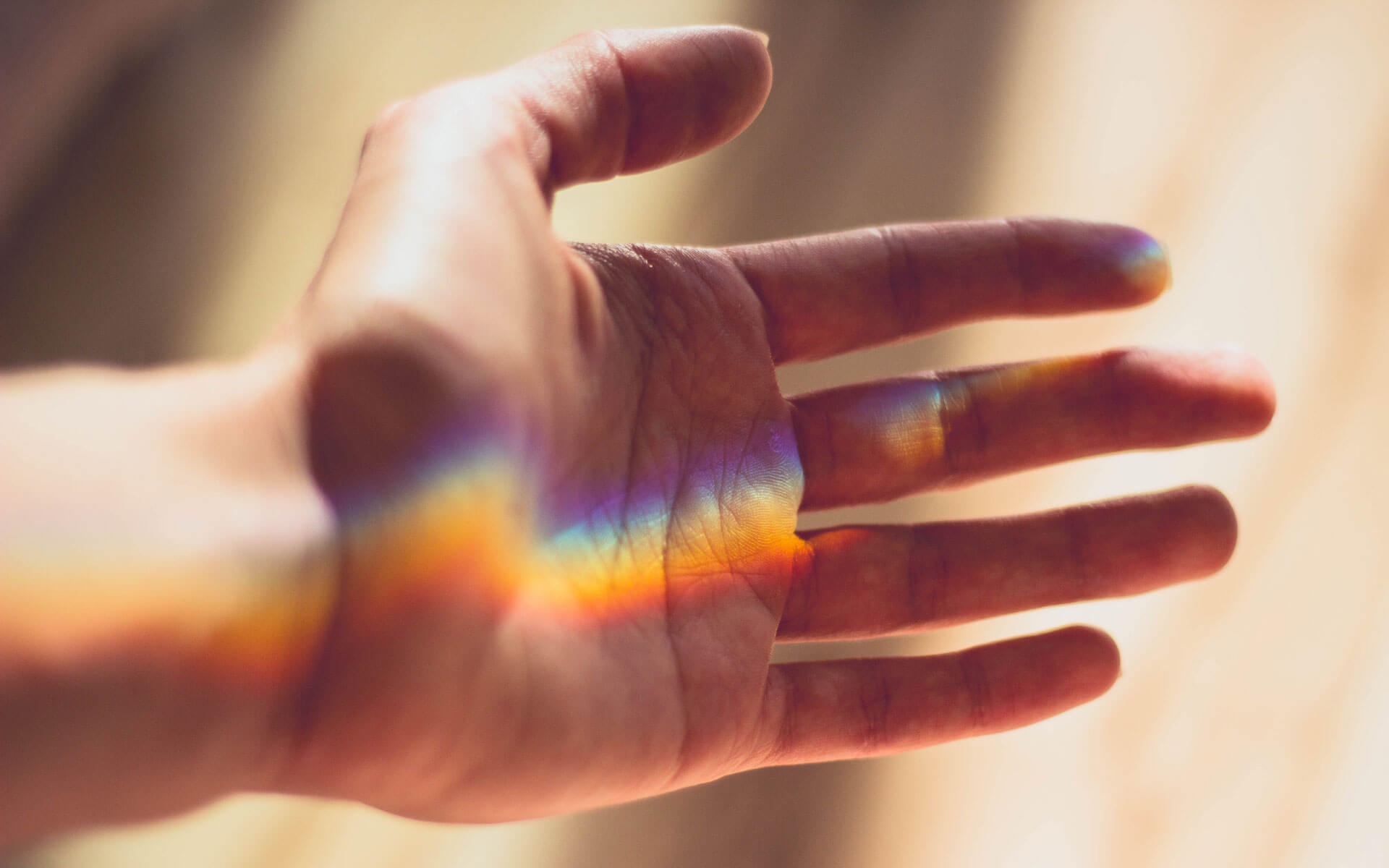What you’ll learn here
Take me to…
- Maximize the benefits by clarifying your intention Why intentions are important for healing, which ones to set and how to set them.
- Doing Reiki remotely vs in person. The difference and which is best for your situation.
- How to check if Reiki is covered by your insurance. Sometimes it does. Here’s what to look for.
- How to find the right energy healer for you. What to ask, how to recognize red flags and how to trust your intuition.
- How to understand the possible side-effects of Reiki Possible side-effects and how to look at them for maximal healing.
- How to make the best of your pre-healing session time. All your questions answered around what to wear, what to eat, … plus a downloadable meditation.
- How to make the best of your post-healing session time. There’s a journaling PDF you can download here.
- How often you should book a Reiki session. Weekly, monthly, seasonally? Find out what’s right for you.

The possible benefits of reiki are numerous and a healing session can go in many directions. Being clear on what you want really matters.
There are so many good reasons to come for a reiki session. They range from the highly specific such as: “to heal the knee that’s been bothering me since a car accident from 5 years ago”, to the deeply personal: “to heal the distorted thinking that’s been plaguing me since a romance that never really took off”, to the very general: “to reconnect to the real me”. Here’s what’s helpful to know about this:- They all work. The key? To be honest about your desires for healing.
- They all tap into your energy’s deep knowing of how to heal itself and will encourage the energy to flow differently based on your intention, gently dissolving blocks along the way. (More on that later).
- They work whether or not you let your practitioner know about them or not (but it does help if you do).
5 things reiki is good for and how you might expect the energy to behave if this is your intention
Here’s how you might expect your healer to guide you & the energy to behave if you have it as your intention. Note that these are guidelines meant to reassure your mind and to allow you to take empowered decisions around your reiki sessions. That said, there’s a higher intelligence at work and reiki tends to work best when we set our intentions and then release our expectations.Reiki for healing anxiety
Energy healing and Reiki are great for healing anxiety because they go deep within the body and the energy system to clear the source of the anxiety. It is common for the energy of anxiety to sit on top of what’s really going on, blocking it from the conscious mind. When healing your anxiety is the intention, it can happen that you experience a temporary increase in anxiety as the healer hones in on the area of your energy that is holding the energy of anxiety. It will then often peak and then fall as the energy dissolves. This may be accompanied by tears, insight or other emotions you’ve been pushing away. An experienced healer will know how to guide you through this, without judging you for it or taking it on themselves. They know it’s normal (and now you do too). You are always free to let your practitioner know this is happening or not. It’s up to you. After this build up and release, you’ll typically feel cleansed, relaxed, reconnected, unstuck and free. That said, every anxiety is different, and for many people the energy of anxiety simply gently dissipates throughout the session, without this cresting and falling. It may also be different from one session to the next. The energy decides and knows what’s needed. Not us.Reiki for healing chakras
Reiki always works to heal the chakras no matter your intention, but you can choose to focus specifically on them. Here’s why you might want to: Your 7 chakras each hold the story of an important theme in your life. When you place your attention on them throughout the session, it can allow you to do a deep cleansing of your outdated programming. It’s a wonderful way to do a 360 degree assessment of your life and give a little love to the areas that need your attention most. Your practitioner may let you know which chakras are flowing really well and which need a little love. They may work in silence to bring balance to each and let you know what they found at the end of the session, or they may let you know what they find as they work. If you have a strong preference, it’s a good idea to let them know before you begin.Reiki for relaxation
Relaxation is one the most consistent and typical outcomes of a Reiki session, no matter the intention. When relaxation is a client’s number 1 intention, the session typically unfolds one of two ways depending on their stress level at the start of the session.- If you are very stressed, the Reiki will typically zero in on what’s most in the way of your relaxation. This may temporarily make you feel extra agitated, but once the energy is resolved, you will be able to access a level of relaxation you haven’t felt in a long time.
- If you are relaxed to begin with, the Reiki will very gently and caringly bring you deeper and deeper into that relaxation. Many people fall asleep and report feeling like they’ve slept 8 hours after a 45-min session.
Reiki for healing trauma
As a somatic practice with a focus on gentleness and love, Reiki is wonderful for healing trauma, BUT for the big T traumas, only do so with a trauma-informed practitioner and only when you’re also supported by an appropriate team of professionals. You know your needs best, so if you think “maybe not”, it’s “maybe not”. You can still receive Reiki and it will likely do wonders, but place your intention on relaxation, discovery or gentle preparation for trauma healing instead. If you trust your Reiki practitioner, and feel sovereign in your intention to heal trauma with Reiki, here’s what you might expect from a trauma-informed reiki professional:- They will co-create your healing with you. This means they will embody a lot of care, be very responsive to your feedback (of all kinds) and be particularly mindful of you and the trauma you’re working with.
- They know the dangers of retraumatization and know how to work with it energetically. Some energy blocks are trapped trauma. When the energy gets untrapped, it’s of the utmost importance it has somewhere to go. If it overwhelms the system, retraumatization can occur. To work with it well, the healer will work with you to either allow the energy to release very slowly (and bit by bit) so it can integrate or help you create the energetic structures so the energy has somewhere to go. This requires a lot of finesse and trust between the practitioner and the client.
- They may work with you to build safety first, before going near the zone of trauma. This is part of intelligent working with trauma and requires patience on both the side of the healer and the healee.
To satisfy your curiosity about energy healing
Curiosity and discovery are wonderful intentions for coming to a Reiki session. When this is your intention, you get to ask questions, be there for the ride and often heal way more than you expected. If your practitioner is aware of your intention to discover, they may enjoy being your guide into a whole new world. They may invite you to pay particular attention to your sensations, emotions, thoughts as they come up throughout the session, and they may be happy to share about the chakras, about the practice and answer your questions! Don’t be afraid to ask. When we come into a healing session open and ready to receive, the Reiki gets to do what it does best: take wonderful care of you, heal what’s ready to heal and help you reconnect to the truth of who you are. (In fact, Reiki is always doing this, no matter our other intentions).Intention directs energy and is key to how reiki works
You are a wonderful complex universe of vibrating information. The paths to healing are multiple. When we receive Reiki, the intelligence of Reiki does its magic. It hones into exactly which of our energy blockages are ready to integrate, at what intensity and how to best do so. It’s an absolutely beautiful experience to make ourselves simply available to that magic, without an agenda. Healing always ensues, but because we all have many energy blockages (and many of them exist beyond our awareness), it can sometimes be difficult to pinpoint what healing occurred. We just feel better and that’s that. For some people’s minds (or when we’re working with a practitioner over several weeks), this can be challenging. That’s why it’s helpful to narrow down the focus of a healing session with an intention. Intention directs the healing energy to work in a more focused way and our minds can track the healing better. Moreover, if there is an intention, it can be helpful to know what it is and let your practitioner know because it directs the energy. That way the practitioner can work with it. I’ve had a few experiences where the client had a very clear intention (such as (a) prove to themselves they’re now able to receive NO energy or (b) reinforce their energy boundaries) that confused me enormously because the energy was not behaving as it usually does. I could’ve been more helpful to them if they told me their intention outright. On the otherhand, these experiences proved to me that intention is very, very powerful.How to set your intentions to maximize the benefits of your Reiki session
If possible, surrender yourself to the healing experience without expectation. Reiki is more intelligent than the client or the practitioner, so showing up open often yields the most miraculous results. If you do have an intention…- State it in the positive (relaxation instead of not stressing, releasing instead of getting rid of…)
- Communicate it with your healer
- View it as a direction you gently set the healing in, and then let it go.
- Bow to the wisdom of your higher self and the highest intelligence of the reiki
- Open to whatever needs to come through in the general direction of my intention

Reiki can be done both remotely and in person. To understand how non-local Reiki works and that it can be sent anywhere through time and space requires a a physics-inspired thought experiment that I don’t have space to take you through here, but if you can let go of the how, and open yourself to receive, it can be an extremely beneficial practice. Many people find value in it and even prefer it. Below I’ll delineate the pros and cons of doing a Reiki session remotely vs in person.
Reiki can be done remotely. Here are the pros and cons:
Receiving Reiki remotely can be a wonderful (and magical) experience. Typically, you’ll connect with your reiki healer through the phone or through zoom, they’ll connect to your energy and start sending. They may leave you be as they do so and tell you what they noticed after or they may tell you as they work with your energy. Some practitioners will simply program the Reiki to arrive at a certain time for you, and there is no phone or zoom component. Pros:- You can receive from the comfort of your own home and even your own bed.
- After the session, you can integrate peacefully without having to navigate transportation.
- You can work with the practitioner you feel most called to work with, no matter where they are in the world (and client-practitioner fit is important)
- You can work continually with the same practitioner, even as either of you travels or we navigate lockdowns.
- If you want to receive at an odd time (say 4am), the healer can program the Reiki to land at that time without having to be up themselves.
- If your home is busy, you might easily be interrupted and that disrupts your peace.
- It’s a lot to wrap your head around if you’re new and already a bit skeptical.
- Much of the comforts of a session are stripped down to the essentials: no music, no touch, no essential oils, …
- It’s much more tempting to go back into “regular life” fast after your session. There’s no mandatory integration time through transit.
- You’re (usually) tied to technology
Reiki can be done in person. Here are the pros and cons:
Most often (in non-pandemic times particularly), first Reiki sessions are done in person. The Reiki practitioner will receive you in their space (whether an office or a dedicated space in their home), and guide you through the session. They may start with a short conversation to assess your needs, lead you in a short meditation and then have you lie down on a massage table to receive the Reiki. Pros:- You can receive in a space dedicated to healing, where interruptions will be limited (turn off your phone ;)), and you can let go completely into the experience.
- Often, the practitioner will craft a multidimensional and personalized experience for you, including intentionally chose music, and whatever else they may work with (such as crystals, essential oils, tibetan bowls, oracle cards, …)
- You are much more aware of the non-verbal communication of your chosen healer and can feel their care more clearly.
- There is opportunity for touch (Reiki can be done both with touch or without. If you have a clear preference, let your healer know).
- Your options are limited as to which Reiki practitioner to work with (based on location)
- Getting there and back requires more time
- Appointment times may be more scarce

Some Reiki practitioners can write insurance receipts that will be recognized by your private insurance plan. Ask your practitioner (or potential practitioner). They’ll be able to tell you what to look for.
What to look for in Quebec?
In Quebec, it’s typically recognized under naturotherapy or naturopathy although some Reiki practitioners are also massage practitioners, and they may be able to write you a receipt for a Reiki massage. You can claim it under “massage”.
In Quebec, if a practitioner is able to write receipts, it means they’re part of an association that has verified their education. Typically, this means they’ve done over 400 hours of training in their field. Reiki training is usually around 50h, so this means they have training in other healing modalities as well.

The field of Reiki is largely unregulated. Although this may make finding the right practitioner for you a bit trickier, don’t be deterred. Your intuition is your best guide here.
You may have an incredible session with your friend who just did their Reiki I and a lackluster one with a master healer with over 20 years of experience.
In fact, more than training or experience, what matters most is the FIT with your reiki healer. This is something you feel, it’s a way your nervous system responds to them. Do you feel safe with them? Do you trust them? Do you feel they understand you and what you’re wanting to get out of your session?
More than anything else, the feeling of fit is important when you want to optimize the benefits of your Reiki session and minimize the dangers (because yes, there are ways practitioners can unintentionally perpetuate harm).
Following are a few things you want to look for, ask and be mindfully weary of as you search for the right practitioner for you.
What to look for in a potential reiki practitioner
When we feel safe with someone, our nervous systems have a much easier time shifting into healing mode and our energy can open up more easily. Alternatively, when you don’t feel safe and/or trusting of your practitioner, your energy will typically “close up”. This is wise and protective. It also means that you may not feel a lot happening during the session with someone you don’t feel a fit with. That’s why you want to look for the qualities below FIRST. Fancy degrees, years of experience or someone else’s glowing review can be valuable information, but will never be more important than the following:- Are they present?
- Do you feel they’re really listening to you?
- Do you feel they care about you?
- Do they ask good questions and do you feel they understand you?
- Do you feel respected by them?
What to ask a potential reiki practitioner
I recommend having a quick chat with them so you can feel out if the above is present. If so, ask all the important technical questions such as:- Do you work remotely or in person?
- Where are you located?
- Do you offer insurance receipts?
- (If it’s your intention to work with some trauma): Do you have experience working with trauma?
- How do they structure a session? (This might help your mind relax and know what to expect from them)
- … and WHATEVER ELSE matters to you.
Red flags in a reiki practitioner
Let me start this section by saying this: YOU ARE YOUR BEST HEALER. Always. The one doing the healing work, ultimately, is you. The Reiki assists you, the Reiki healer assists you, but you’re the one doing the real work. As reiki practitioners, we get to witness some truly glorious healings and occasionally we can forget who is to be credited (we’re human and we have egos… it’s okay!), so if you see these red flags it doesn’t mean the practitioner is bad or even wrong for you (a lot of this is just a lack of training around communication), but when you see these, ask extra questions.- “I will heal you” (Nobody has the power to heal you but you. They may very well be an excellent catalyst to you healing you, but they’re not healing you).
- “You will be completely healed after X sessions” (A LOT can happen in very few sessions, but beware of grandiose claims)
- “Stop your medication or treatment” (Only you can make that call.)
- “My way is the only way/best way” (You’re the expert on you. )
- Tapping into your energy, working on your field or doing any energy work without your explicit permission. (You’re sovereign in your energy. You get to say YES or NO to someone offering to work on your energy.)
- Being unclear and shadowy about pricing. (You have a right to know what the exchange is upfront)
- Pressuring you to come back because you “need” extra healing. (It’s always your choice. Healing happens when you’re choosing it)
- … Whatever else feels disempowering and icky to you.
Trust your intuition
Ask yourself two simple questions:- Would I feel comfortable getting vulnerable with this person?
- Do I trust them to guide me if and when I get vulnerable?

Understand the possible side-effects of an energy healing session and plan accordingly
Although most often people exit their Reiki healing session feeling reconnected to themselves, relaxed and empowered, energy healing can go really deep and sometimes there’s a little more processing to do before you get there. That might look like:- Feeling tired. This tends to happen when you’ve been running on fumes and actually need rest.
- Feeling emotional. This tends to happen when you’ve been suppressing a lot of emotion and it’s time to feel it and let it go.
- Being suddenly aware of something uncomfortable. This tends to happen when we’ve been in denial for some time.
- Having memories surface. This tends to happen with energy blocks rooted in the past.
- An outer manifestation of letting go (such as more time in the bathroom, pimples or mucus discharge). It’s not pretty, but possibly the body shedding what it no longer needs.
How to plan your post-healing session time effectively
Give yourself some time where you’re not required to do anything. Reiki connects you to your next healing step, so it’s nice to have a few hours of freedom to take that next step. That might look like going to bed early, taking a bath, journaling, calling a dear friend, making art or going out to a party. Also, make sure you drink water.
OK, you’ve booked your Reiki session and you’re trying to figure out how to make the best of it. Let’s get into it:
What to wear
You’ll be fully clothed for your session, so wear clothing you’re comfortable in. This doesn’t have to be full sweats (although that’s totally allowed), but it’s best if nothing is digging into your waist or requiring your attention to manage. You’re going to be lying on a massage table, so you probably want to steer clear of short skirts and if you’re self-conscious about your feet, wear socks.What to do before hand
You get to show up for your healing session exactly as you are and none of these are required, but if you want to optimize your time…Drink water
Healing and hydration somehow go hand in hand.Meditate
Typically, the more present, open and tuned to your body and energy you are, the more you’ll be available for the type of gentle healing reiki offers. Meditation is a great way to get yourself in that state. This can be as simple as a 3 minute practice watching your breath or can be a more elaborate guided meditation to connect with your spirit guides before you receive the Reiki.Plan your route and leave on time
A healing session can start off on the wrong foot if you feel pressed for time, get lost on your way there or can’t find parking. Plan ahead and do what you can.Clarify your intention
Reiki is always working for the highest good, and helping you heal what’s ready to heal. On top of that, you can clarify your intention and ask Reiki to help you with something specific such as:- “Healing the relationship with my mother”
- “Healing my auto-immune disease”
- “Helping me live my best life”
Be ready to show up as you are
Healing happens when truth & love meet. Reiki is love. Bring the truth :). Your healer won’t judge you if you’re anxious or scared or skeptical or defensive. Show up as you are and let the magic unfold.

